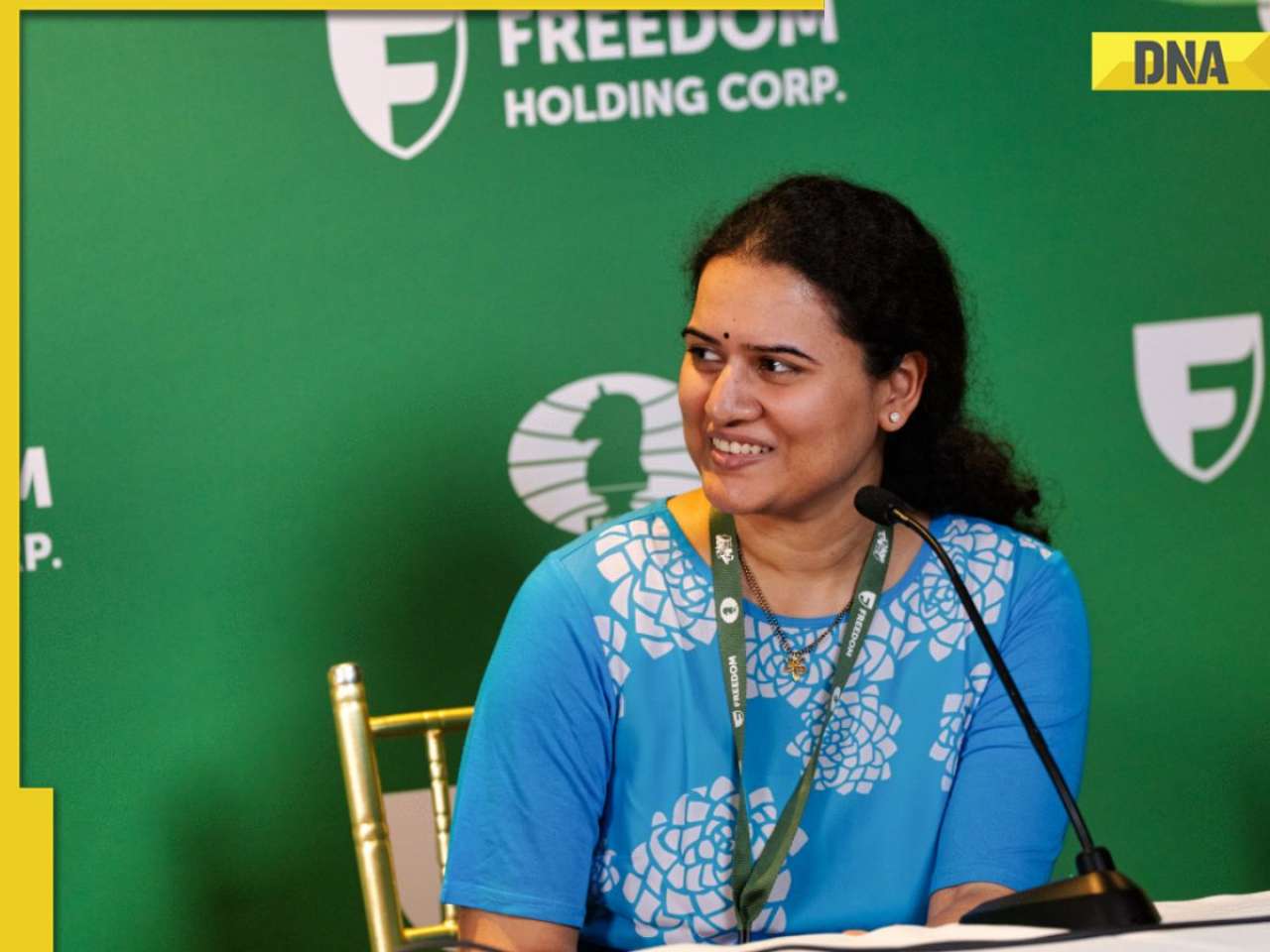 |
|
Koneru Humpy's triumph at the World Rapid Chess Championship marks a significant moment for Indian chess, adding to the nation's recent successes in the global arena. Her victory, achieved with a score of 8.5 points over 11 rounds, securing her a second world title in this format, underscores her remarkable skill and consistent excellence. This achievement comes on the heels of D Gukesh's historic win as the youngest-ever world chess champion, highlighting a golden age for Indian chess. Humpy's victory over Irene Sukandar of Indonesia not only brought her personal accolades but also catapulted India further into the limelight of the international chess community. The significance of her win is amplified by the fact that she is only the second player, alongside China's Ju Wenjun, to have won the World Rapid Chess Championship multiple times, showcasing her dominance and longevity in the sport. The win, celebrated with understated emotion – "I'm very excited and happy," she said – speaks volumes about her focused and determined nature. The path to victory wasn't easy; Humpy has demonstrated consistent high-level performance, marked by medals including a bronze at the Moscow event in 2012 and a silver in Samarkand, Uzbekistan in 2023. Her journey underscores the dedication and hard work required to reach the pinnacle of competitive chess.
The contrast between Humpy's achievement and the youthful success of D Gukesh adds another layer of intrigue to India's burgeoning chess dominance. Gukesh's victory, achieved just two weeks prior to Humpy's win, cemented his position as a rising star, breaking numerous records and showcasing the prodigious talent emerging from India. The juxtaposition of these two victories highlights not only the depth of talent within Indian chess but also the evolving landscape of the sport. While Gukesh's triumph is a testament to youthful exuberance and a bold, aggressive style, Humpy’s win represents years of dedication, experience, and strategic prowess, proving that success in chess can be achieved through diverse approaches and at different life stages. Their achievements combined symbolize a new era for Indian chess – one that is brimming with both young talent and seasoned champions.
The broader impact of these victories extends beyond individual accolades. They serve as a powerful inspiration for aspiring chess players in India and globally. Humpy and Gukesh have become role models, demonstrating the possibilities that dedication and hard work can unlock. Their successes will undoubtedly encourage a new generation of players to pursue the sport with passion and determination, potentially leading to even greater achievements in the years to come. The sustained success of India in chess also presents a compelling narrative for the global chess community. It highlights the effectiveness of training methodologies, the supportive infrastructure available to Indian players, and the overall commitment to developing chess talent within the country. India's rising prominence in the chess world raises important questions about the factors contributing to its success and may lead to further investment in the sport across various nations.
Furthermore, the simultaneous success of both men and women in Indian chess highlights the increasingly equal playing field within the sport. While Humpy's win is a remarkable achievement in itself, its juxtaposition with Gukesh's triumph also points to the growing recognition and support for women in the competitive chess arena. The fact that two such notable achievements were celebrated within such a short period not only elevates India's standing in the global chess community but also signifies a broader societal shift towards recognizing and celebrating the talents of women in traditionally male-dominated fields. The combined impact of these wins reinforces the idea that success in chess transcends gender, highlighting the importance of promoting equal opportunities and support for both men and women aspiring to excel in the sport. This success story provides an inspiring example for other nations to learn from and strive towards a more inclusive and equitable sporting landscape.
Source: India’s Koneru Humpy makes India proud, becomes World Rapid Chess champion for second time
